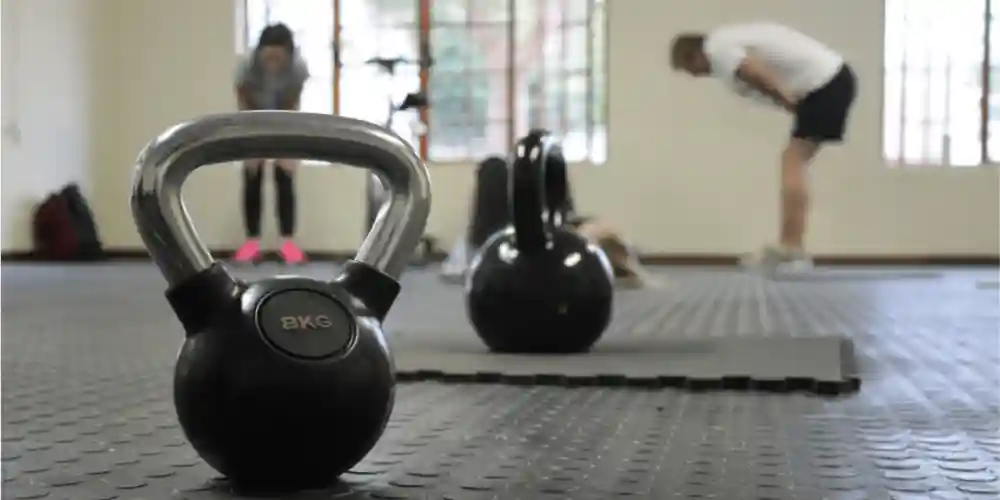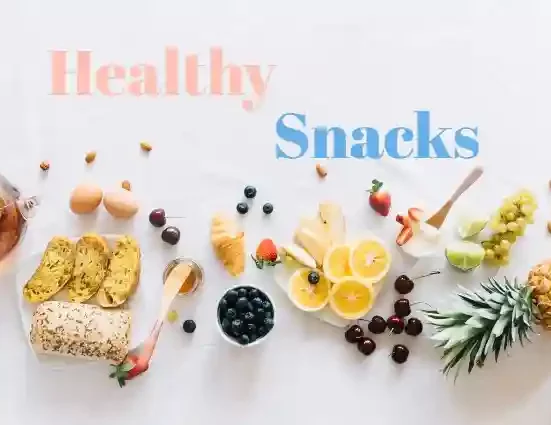Getting healthy and fit isn’t as complicated as it sounds. There are a few simple habits that can help you achieve your fitness goals.
Getting fit can increase your strength, improve balance and coordination and lower your risk for disease. These health and fitness tips are great for beginners and do not require a gym membership.
1. Eat a Balanced Diet
Having a balanced diet is one of the most important things you can do for your health. This includes eating foods from all five food groups daily in the recommended amounts. Avoid consuming foods that are high in saturated fats, salt or added sugars, as well as processed meats and cakes.
Choose lean proteins like chicken, fish, turkey, beans and nuts; low-fat dairy (like milk, yoghurt and cheese); whole grains; and healthy fats like unsaturated fatty acids. Try to include umami foods in your meals and snacks – such as dark leafy greens, mushrooms and tomato paste – for an extra boost of flavour.
Carbohydrates are essential for energy, so make sure to eat a carbohydrate-rich snack or meal every 3-4 hours. Consuming a variety of carbohydrates from whole foods is best, especially if you’re exercising regularly, as they’ll provide a steady supply of fuel for your body. Try consuming whole grains, fruits, vegetables and pulses for carbohydrate sources.
2. Exercise Daily
Regular exercise can help control weight, prevent heart disease and certain cancers, and strengthen bones and muscles. But many people struggle to commit to a daily workout. It’s important to find a physical activity that fits your lifestyle and makes you happy.
Try to exercise for at least 30 minutes a day. Aim for at least two sessions of strength training each week, using a weight or resistance level heavy enough to tire your muscles after about 12 to 15 repetitions.
Be sure to warm up and cool down before and after exercising. Doing this reduces the risk of injury and can help you feel the full benefits of your workout. Get creative with your fitness routine – you don’t need to spend a whole hour working out to reap health benefits. Even activities such as parking further away from your destination, taking a walk at lunch or dancing with your friends can count toward your exercise goals!
3. Get Enough Sleep
It may seem counterintuitive, but sleep is just as important to your health and fitness goals as diet and exercise. In fact, getting enough sleep can help prevent weight gain and heart disease, and improve your mood, energy levels and memory.
While everyone’s sleep needs are different, most adults should aim to get between 7 and 9 hours of sleep per night. However, many people don’t get enough sleep because of a hectic schedule, day-to-day stressors or a poor bedroom environment.
If you aren’t getting enough sleep, try setting a regular bedtime and sticking to it every night (including the weekends). Also, avoid large meals, caffeine and alcohol in the hours leading up to sleep. Practicing relaxation techniques like yoga, meditating or journaling before bed can also help you fall asleep more easily.
4. Drink Water
Water is the best fluid to drink to stay hydrated. Avoid sugary drinks, caffeinated beverages and alcohol as these can cause dehydration. Water is also found in many foods, such as fruits and vegetables. Try adding some fresh fruit or vegetables to your meals and snacks to get a healthy dose of fluids.
The amount of water you need to drink on a daily basis can vary depending on your age, activity level, environment and medical conditions. If you have a medical condition, such as heart failure, kidney disease or diabetes, your doctor may recommend more specific fluid intake.
You can also purchase electrolyte “sport” drinks that help maintain hydration during intense exercise. These types of drinks provide both water and sodium (which helps replace loss of sodium due to sweating). However, water should still be your main beverage for hydration. The classic advice to drink eight glasses of water a day is helpful for most people.







